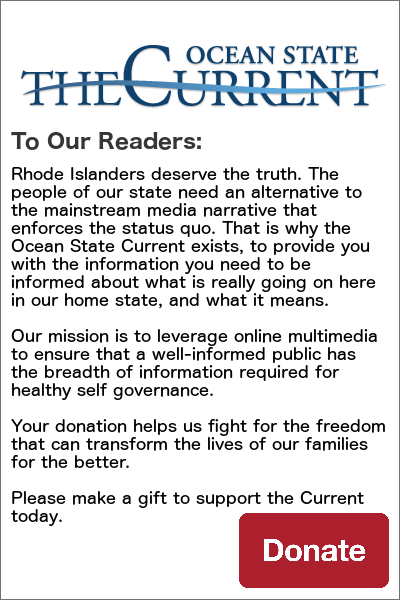From Mercy Killings in Hard Cases to Death on Demand
Fortunately, this hasn’t been much of a topic of conversation in Rhode Island (yet): Wesley Smith describes how…
Once a society generally accepts killing as an appropriate response to suffering, there are few limits to the kind of “suffering” that will qualify for extermination.
The Netherlands shows the danger. Permitted in a decriminalized form since 1972–and formally legalized in 2002–euthanasia deaths are skyrocketing.
Because it hasn’t been of immediate relevance at the level of news to which I devote most of my attention, I haven’t completely worked through my thoughts on assisted suicide. As tends to happen with emotional matters that are closely tied to ideological or religious beliefs, people typically focus on the extreme cases that align with their first reactions. On one end is the person facing an imminent and horrible death who wants to take his own life. On the other end is a doctor having family members hold down a woman who wakes up and resists being killed.
So, one axis in a multidimensional spectrum could address such circumstances of each case, including degree of suffering, permanence of the condition, and imminence of natural death. Another axis would be the degree of assistance, ranging from none at all through offering advice through the provision of supplies all the way to execution with dubious consent. There may be other axes to consider.
According to my beliefs, nothing on this field is moral, but that does not necessarily mean everything must be criminalized and vigorously enforced. In that regard, I find yet more reason to regret how integral we’ve allowed government to become. To the extent that libertarians can cite an expansion of individual liberty, it seems always to be in these areas of personal destruction, which is to say when libertarians find common cause with progressives.
If government weren’t involving itself in the question of children’s lemonade stands, we mightn’t feel as compelled to write a policy on the tougher moral disagreements. Similarly, if the fine details of employers’ insurance benefits weren’t up for national policymakers, so too might states and localities be able to draw different lines on other issues.


